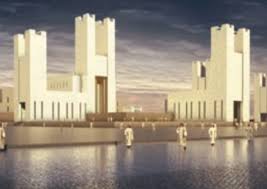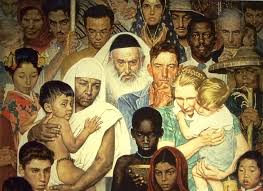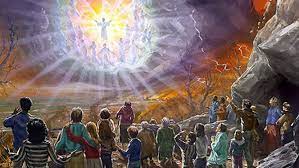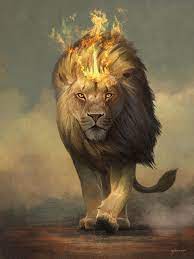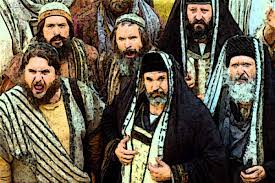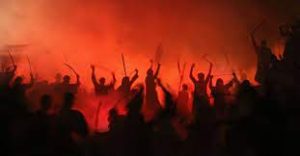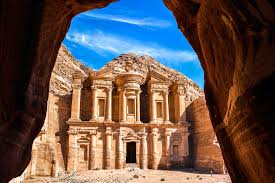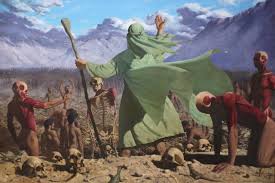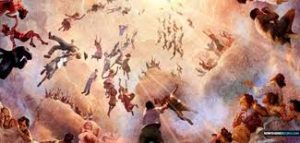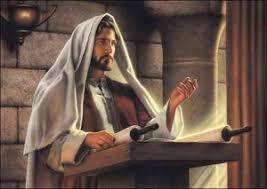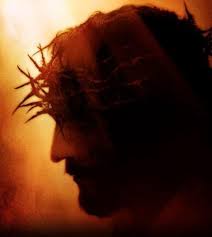Kr – The Rebirth of Isra’el 66: 1-24
The Rebirth of Isra’el
66: 1-24
The fervent prayer of the believing remnant in Chapter 64 is answered by God in Chapters 65 and 66. ADONAI makes it very clear that their sins and unfaithfulness were responsible for the judgment they had endured during the Great Tribulation. But their sins had not frustrated His promises and purposes concerning Isra’el; therefore, He gives a vision of the Messianic Kingdom and her position in it.
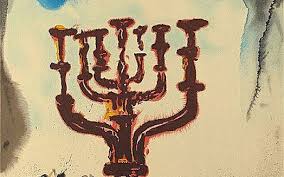
As the climax of the book, this chapter fittingly describes the Messianic Kingdom, the time toward which history has been marching, and the time that was promised to Abraham. The experience of the rebirth of Isra’el is contrary to the conditions of natural birth. It is a time that all those who love the God of Abraham, Isaac, and Jacob look forward to with great anticipation. It is the reason that the LORD told Abram: I will make you into a great nation and I will bless you; I will make your name great, and you will be a blessing. I will bless those who bless you, and whoever curses you I will curse; and all peoples of the earth will be blessed through you (Genesis 12:2-3). ADONAI’s overwhelming greatness and profound contempt are seen here. The apostates will experience terrible retribution, while eternal peace and happiness will be the reward of the faithful.




